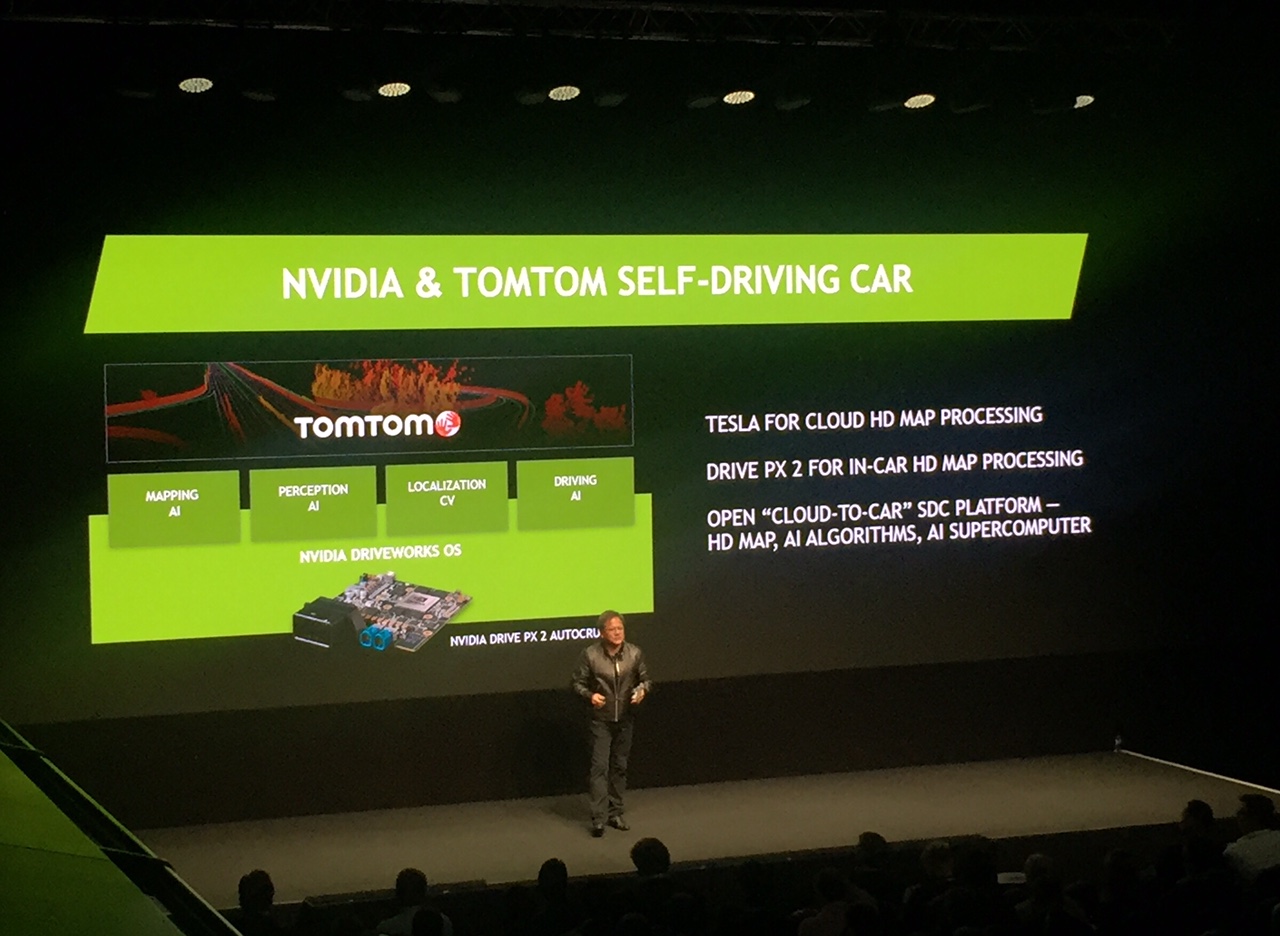M2M is expanding beyond the IT department, says Vodafone
Machine-to-machine technology 'could determine a business's competitive advantage'


A third of businesses will regard machine-to-machine technology as an innovation project come 2016, according to Vodafone.
M2M will no longer be something assigned exclusively to the IT department, the Vodafone M2M Barometer 2015 report, published this week, predicted.
Machine-to-machine refers to the technology, networks and services that connect smart devices - from cars to household items - to the Internet of Things.
The report's findings claim 21 per cent of businesses currently say that M2M projects are innovation projects,' with this predicted to rise to a third over the next year.
This change can be attributed to M2M playing a greater role in determining a company's competitive advantage and customers' experience, moving beyond the IT department and increasingly being used for operations such as analytics and the integration of services with third parties.
Furthermore, IT leaders are more likely to see M2M technology as an IT project (56 per cent), with CEOs (33 per cent) and strategy (42 per cent) more likely to categorise it under innovation'. Those responsible for finance were most likely to call M2M a business development' function.
Erik Brenneis, Vodafone group director of M2M, said: "He who pays for M2M is changing. Traditionally, the CIO has been the guy who's been buying M2M because it's perceived to be a technology purchase. It's all about hardware and bits of wire.
Get the ITPro daily newsletter
Sign up today and you will receive a free copy of our Future Focus 2025 report - the leading guidance on AI, cybersecurity and other IT challenges as per 700+ senior executives
"As it becomes much more operational, we're seeing other people take control of that buying decision. CIOs are still the execution arm, but the chief executive, strategy and marketing people are all getting involved."
Even among IT leaders, 33 per cent believe M2M is about "improving processes, not buying technology," with 30 per cent of CEOs siding with this view.
"Two or three years ago, there was really nothing of this," Brenneis added. "We hardly knew the CEOs back then, it's a huge change."
The shift is also apparent in the way these projects are funded, the report explains, with less than half (46 per cent) of M2M projects funded through the IT budget.
Instead, 42 per cent are funded by the departments who will be benefitting from the technology.
Brenneis added: "The Internet of Things is transforming more businesses faster than ever before. M2M technologies have as big an impact on how companies operate as the arrival of the desktop computer a generation ago, greatly enhancing productivity and competitiveness while opening up whole new fields of engineering innovation."
Other key findings of the study include increased investment from early adopters, with 81 per cent using M2M more than they did the previous year, and the rate of adoption for businesses using the technology to increase productivity up 23 per cent year on year.
"Companies are not just using M2M to optimise internal business processes like filling up a vending machine or saving fuel through fleet management, but they're also using it to offer new things to their customers and for advertisement. How people are using M2M and why has evolved tremendously," Brenneis said.
Caroline has been writing about technology for more than a decade, switching between consumer smart home news and reviews and in-depth B2B industry coverage. In addition to her work for IT Pro and Cloud Pro, she has contributed to a number of titles including Expert Reviews, TechRadar, The Week and many more. She is currently the smart home editor across Future Publishing's homes titles.
You can get in touch with Caroline via email at caroline.preece@futurenet.com.
-
 Asus ZenScreen Fold OLED MQ17QH review
Asus ZenScreen Fold OLED MQ17QH reviewReviews A stunning foldable 17.3in OLED display – but it's too expensive to be anything more than a thrilling tech demo
By Sasha Muller
-
 How the UK MoJ achieved secure networks for prisons and offices with Palo Alto Networks
How the UK MoJ achieved secure networks for prisons and offices with Palo Alto NetworksCase study Adopting zero trust is a necessity when your own users are trying to launch cyber attacks
By Rory Bathgate
